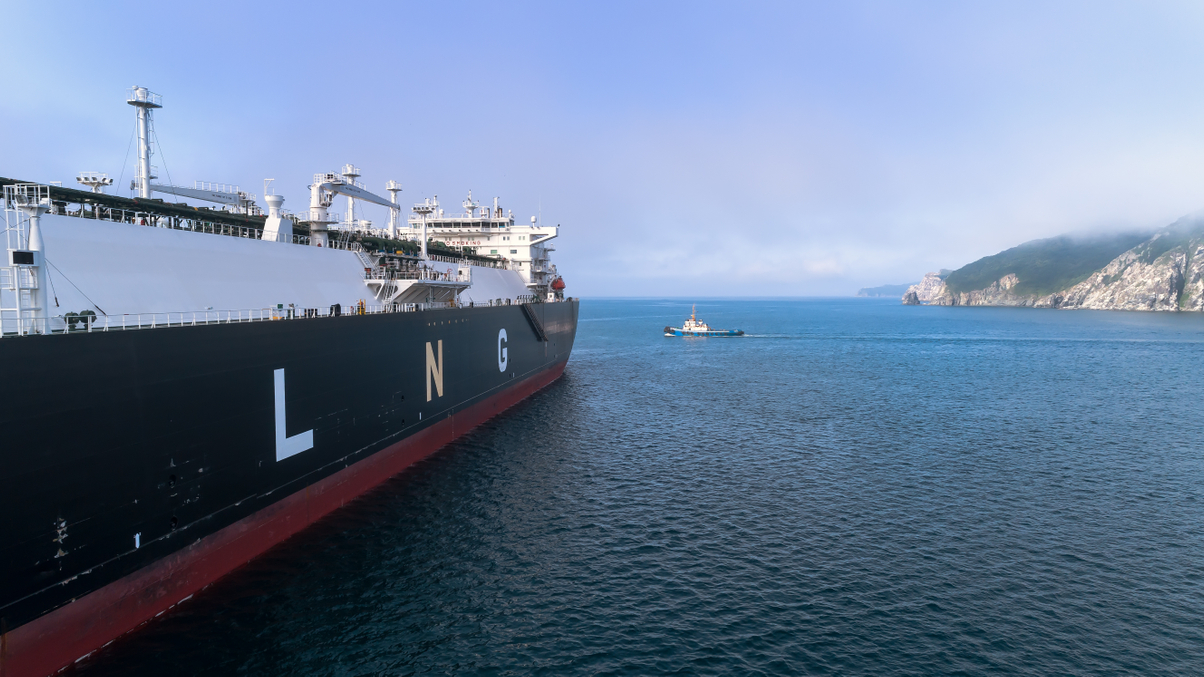Instos eye tanker leasing for ESG-friendly investments
Some institutional investors have turned to leasing out LNG tankers to blue-chips like Shell in order to achieve stable and defensive returns with ESG benefits.

As institutional investors increasingly seek alternative assets, some have turned to infrastructure investments with environment, social and governance (ESG) elements. One particular example to have gained increasing investor interest is the leasing of fuel-efficient ships.
Sign in to read on!
Registered users get 2 free articles in 30 days.
Subscribers have full unlimited access to AsianInvestor
Not signed up? New users get 2 free articles per month, plus a 7-day unlimited free trial.
¬ Haymarket Media Limited. All rights reserved.


